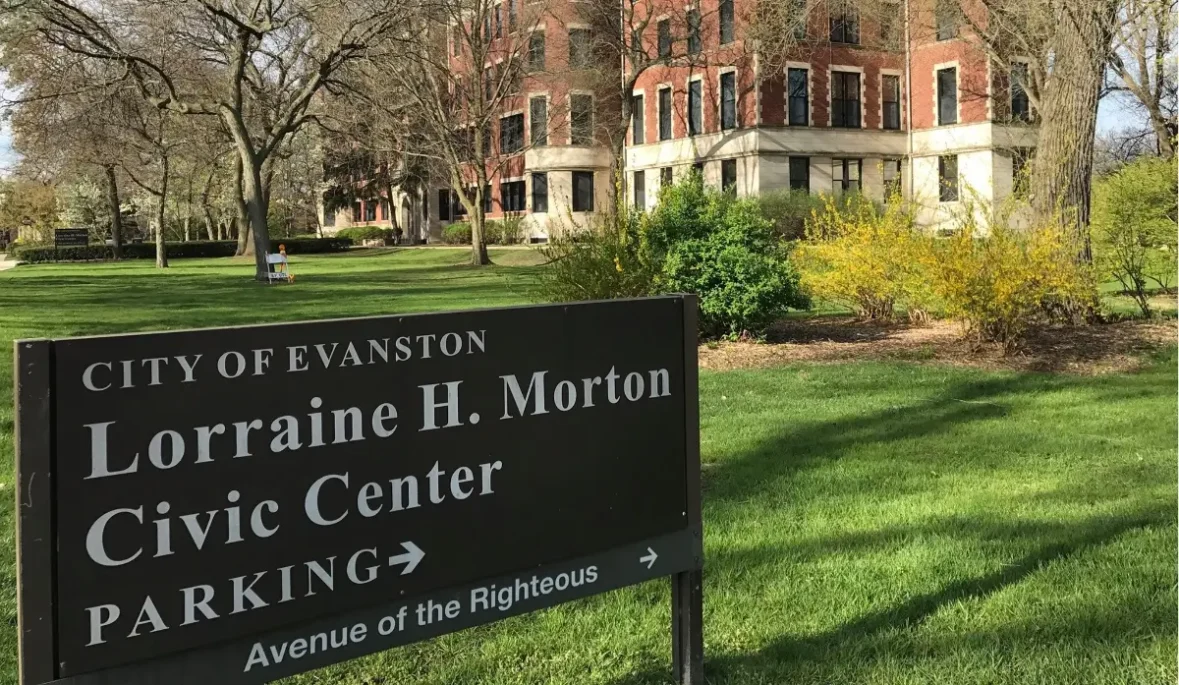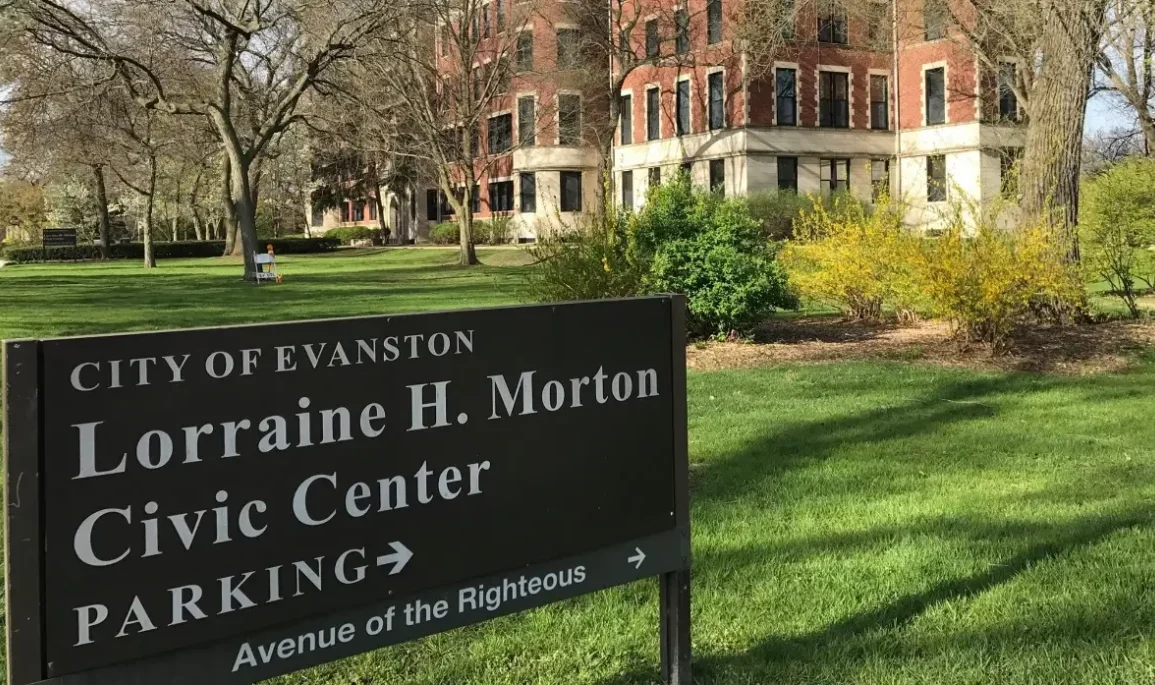In a historic move, the Chicago suburb of Evanston, Illinois, launched a reparations program in 2021, the first of its kind in the nation, according to several reports.
The program, approved by the Evanston City Council, offers $25,000 payments to Black residents with ties to the community between 1919 and 1969. Initially, those payments were designated for housing costs, but the city expanded the program last year to include an option for direct cash payments.
However, the program is now facing a legal challenge by a conservative nonprofit organization, alleging racial discrimination. Judicial Watch has filed a class-action lawsuit against the city of Evanston.

The lawsuit, filed on behalf of six residents who are not Black but whose relatives lived in Evanston during the 50-year period of housing discrimination that caused segregation of Black residents in the city, argued that the reparations program violates the equal protection clause of the 14th Amendment because it uses race as a requirement for eligibility.
The plaintiffs are seeking $25,000 payments and an order halting the city from continuing to use race as a requirement for receiving payment under the program, according to the lawsuit filed on May 23. The individuals suing the city claim they would also be eligible to receive up to $25,000 in reparations if not for the program’s race-based eligibility requirement.
“Plaintiffs seek a judgment declaring Defendant’s use of race to be unconstitutional,” the lawsuit says.
“Plaintiffs enjoy the right to equal protection of the laws as protected by the Equal Protection Clause of the Fourteenth Amendment to the U.S. Constitution,” the lawsuit continues.
“Defendant, acting under color of law, is depriving Plaintiffs of their right to equal protection by purposefully and intentionally discriminating against Plaintiffs on the basis of race. Defendant’s use of race as an eligibility requirement injures Plaintiffs because it is a barrier that prevents Plaintiffs from participating in and obtaining payments under the program on an equal footing with persons who are able to satisfy Defendant’s race requirement. Plaintiffs also are injured by Defendant’s use of race as an eligibility requirement because, but for the requirement, Plaintiffs would each be eligible for and in line to receive $25,000 under the program.”
Kamm Howard, executive director of Reparations United, has defended the program, arguing that it is constitutional because the funding is being given in compensation for decades of racial housing policies, according to the Chicago Tribune. Howard also pushed back against assertions in the lawsuit that state reparations are not needed because no law was broken during the time Black families were impacted by redlining.
“Law, for it to be law, must have been ‘established to serve justice,’” Howard wrote in a press release. “The laws of enslavement and apartheid were, on the contrary, established to create an unjust, violent, and terror-backed social, economic, and political order, in conjunction with, denying justice to those it victimized.”
Judicial Watch President Tom Fitton told the Chicago Sun-Times that the program is “nothing more than a ploy to redistribute tax dollars to individuals based on race” and that it “unconstitutionally discriminates against anyone who does not identify as Black or African American. This class action, civil rights lawsuit will be a historic defense of our color-blind Constitution.”
Meanwhile, the city of Evanston committed $10 million to the program and pledged another $10 million in 2022, according to reports. As of last August, Evanston had disbursed about $1 million in payments.
“The program, entitled ‘City of Evanston Local Reparations Restorative Housing Program,’ uses race as a requirement for receiving payment and purports to remedy housing discrimination experienced by Black and African American residents 55 to 105 years ago,” according to the lawsuit. “The City committed an initial $10,000,000 to the program at the time it was created. It committed an additional $10,000,000 in November 2022.”
Eligibility for the program is categorized into three groups: “ancestors,” who are Black residents who were at least 18 years old between 1919 and 1969; “direct descendants,” who are Black adults with parents, grandparents, or great-grandparents who lived in Evanston during that time period; and current Black adult residents who can show they experienced housing discrimination after 1969.
As of May, 129 ancestor applicants have received payments, and the city has approved 454 direct descendant applications, with 80 of them expected to receive payments this year, according to Evanston’s Reparations Committee.
The first group of “ancestors” eligible for $25,000 payments under the program “were at least 18 years of age between 1919 and 1969.”
This is not the first time Judicial Watch has sued the city of Evanston over the reparations program. Another lawsuit regarding public records was filed in a Cook County court shortly after the program started in 2021, but it was dismissed a few months later.
An Evanston spokesperson has said the city does not comment on pending litigation.



